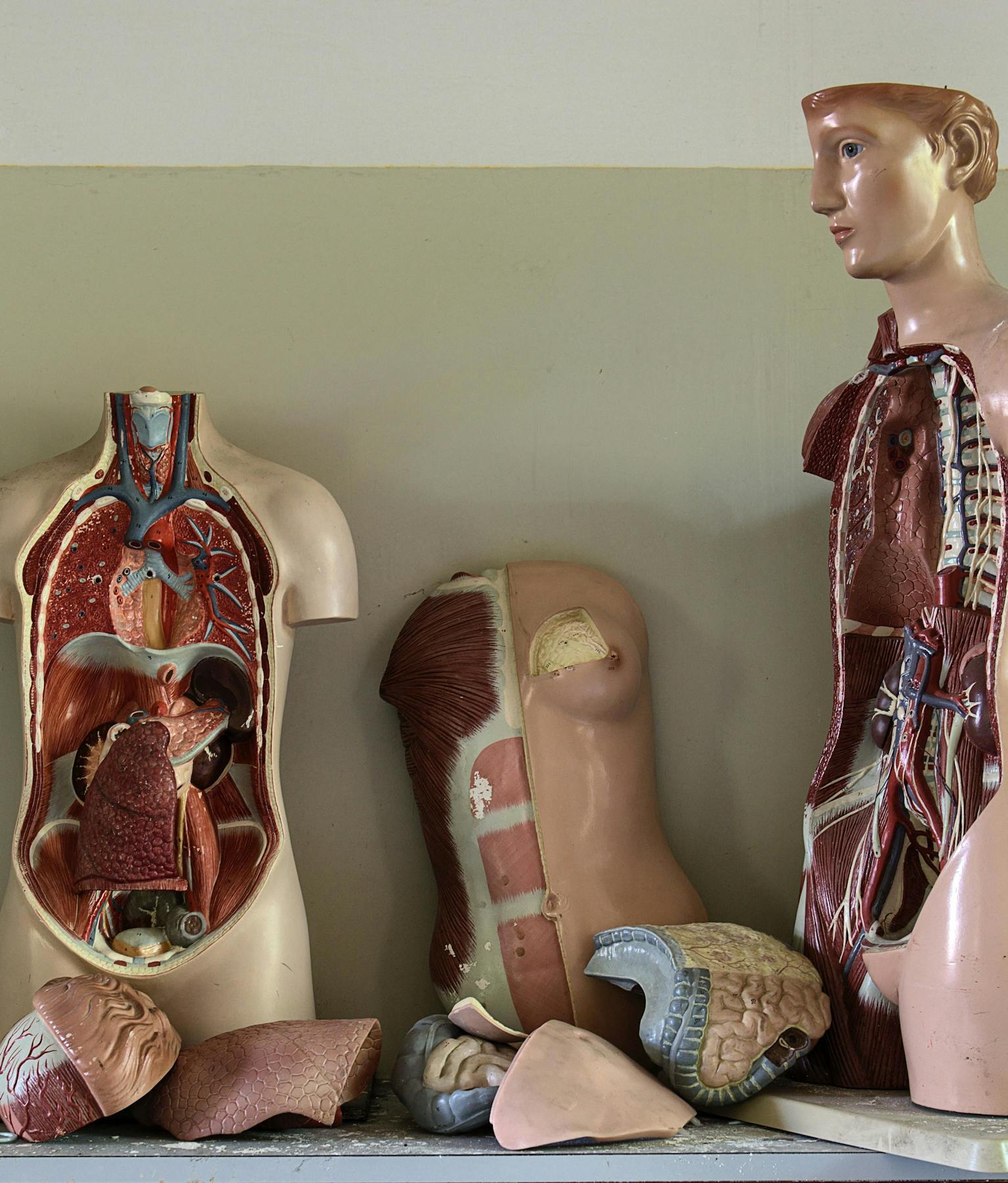
The kidneys play an important role in a person’s health. Below you will find more information on the functioning of kidneys and chronic renal failure.
A kidney is a bean-shaped organ, about the size of a small fist (11 cm) and weighs about 150 g. Most people have two kidneys.
Normal healthy kidneys regulate many processes in the body:
When the kidneys are not working properly, a lot can go wrong in the body.
The functions of the kidneys gradually decrease:
The most common causes of chronic kidney failure are:
What are the symptoms you may have?
The deterioration of your kidney function can be counteracted by:
However, this requires regular monitoring by your GP and kidney specialist. Depending on the severity of the kidney failure (renal insufficiency), this may be annually, semi-annually, quarterly or monthly.
By keeping a close watch on yourself, you can significantly slow down the deterioration of your kidney function. A chronic renal failure care programme is often offered. If necessary, we also call on the services of a dietician, social nurse...
When the functioning of your kidneys is so seriously impaired, you need a treatment that takes over the functioning of your kidneys - dialysis.
A few facts about your kidneys